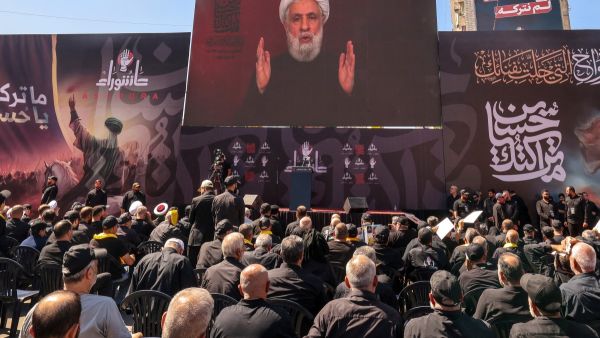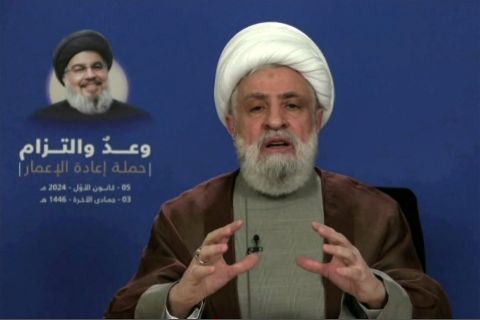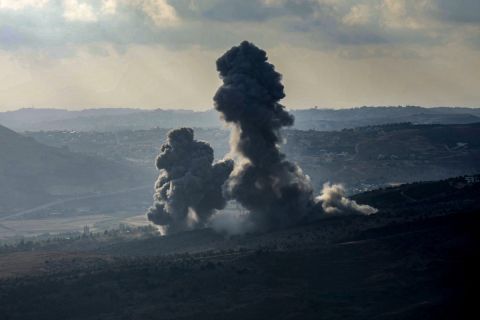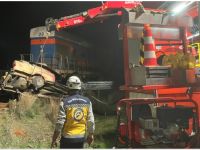ALBAWABA- In a sign of growing internal tensions, the Lebanese army has begun taking measures to restrict Hezbollah motorcycle rallies and limit the movement of the group's supporters in Beirut's southern suburbs, according to a report by Sky News.
The move comes amid heated debate within Lebanon's government over implementing a disarmament mechanism targeting Hezbollah, a highly sensitive issue that could deepen domestic divisions.
Hezbollah's Deputy Secretary General, Sheikh Naim Qassem, strongly warned against any attempt to address the group's weapons without national consensus, during a televised speech on Tuesday.
His remarks coincided with a government session convened to discuss potential frameworks for managing Hezbollah's armed status following the recent war with Israel.
"We do not accept the gradual surrender of our strength in exchange for the continuation of Israeli aggression," Qassem declared. Aggression is the issue, not our weapons. Solve the issue of aggression first, and then we can discuss arms."
Qassem emphasized that resistance and national sovereignty are inseparable, arguing that any disarmament at the behest of Israel, the U.S., or Arab powers would amount to undermining Lebanon’s autonomy.
“The ministerial statement talks about fortifying sovereignty,” he said. “Is giving up weapons at the request of others sovereignty? Where is the state that defends Lebanon's borders?”
He reiterated Hezbollah's readiness to respond to any Israeli attack, saying that "missiles will rain down" on Israel if war resumes, and warned that all the security infrastructure Israel has built over the past eight months "will collapse in an hour."
Qassem also criticized recent U.S. diplomatic efforts, particularly the third memorandum presented by U.S. envoy Tom Barak, which he described as "worse than the previous two."
According to Qassem, the proposal includes demands for Hezbollah to dismantle 50% of its military infrastructure within 30 days, in exchange for limited Israeli withdrawals from three contested points along the Lebanese border. He rejected the proposal outright, saying: “The U.S. came with diktats designed to completely disempower Lebanon, its resistance, and its people—all in Israel’s favor.”
Hezbollah’s position reflects growing anxiety that the international community is leveraging Lebanon's fragile post-war state to demand disarmament under pressure, while Israel continues its military posture unabated.
The army’s restriction of Hezbollah activities near Beirut is the clearest sign yet of institutional strain inside Lebanon, as calls for demilitarization mount.
But with Hezbollah firmly resisting any changes to its status and emphasizing the lack of a state defense alternative, the issue threatens to ignite a broader national crisis.
As one of the most powerful non-state military actors in the region, Hezbollah’s future as an armed entity remains a contentious flashpoint in Lebanon’s fragile political balance, one that could shape the country’s sovereignty, security, and stability for years to come.













